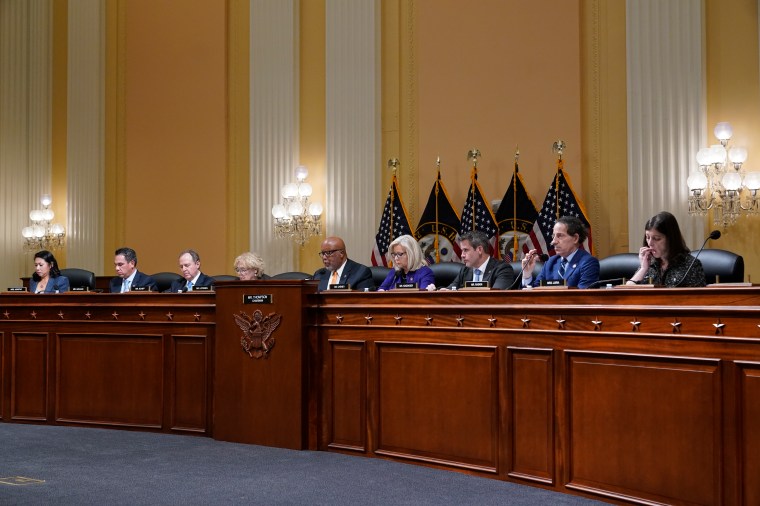Washington, D.C., December 16, 2021 — The U.S. House Select Committee investigating the January 6 riot at the Capitol should drop its subpoena of journalist Amy Harris’s phone records, the Committee to Protect Journalists said today.
On December 2, Harris’s telecom provider, Verizon, informed the journalist that the company had received a subpoena seeking all of the communication records associated with her phone number, including text messages and calls, from November 1, 2020, through January 31, 2021, according to the National Press Photographers Association, a professional advocacy group of which Harris is a member, and a lawsuit that Harris filed yesterday.
The committee first filed the subpoena to Verizon on November 24, according to the lawsuit.
In her suit, filed against the committee and its chairperson, Mississippi Representative Bennie Thompson, Harris argued that the subpoena violated her rights under the First and Fourth Amendments, pertaining to freedom of the press and unlawful searches respectively, as well as the D.C. Shield Law, which protects reporters’ unpublished source material.
During the time included in the subpoena, Harris was covering the Proud Boys, a far-right group whose members are accused of helping to coordinate the January 6 riot.
“The U.S. House committee investigating the January 6 riot at the Capitol must respect reporters’ rights to keep their source material confidential, which is a cornerstone of press freedom,” said CPJ U.S. and Canada Program Coordinator Katherine Jacobsen. “Subpoenaing Amy Harris’s phone records violates her rights and undermines her ability to work with her sources. The committee’s subpoena must be withdrawn.”
In its December 2 notification to Harris, Verizon stated that it would comply with the subpoena unless it received a court order challenging that request by December 15, Harris’ lawsuit states. CPJ emailed Verizon for comment but did not immediately receive any reply.
In an emailed statement to CPJ, National Press Photographers Association Executive Director Akili-Casundria Ramsess said that, while the organization “greatly appreciates the crucial mission of the House Select Committee,” actions like the subpoena “have a chilling effect upon the core First Amendment values critical to the democratic principles the Committee was established to protect.”
When CPJ emailed Representative Thompson for comment, a spokesperson from his office referred CPJ to the committee’s communications director Tim Mulvey.
In an email sent to CPJ following the publication of this article, Mulvey said that the committee’s “interest in Ms. Harris includes matters that have nothing to do with her photography.”
CPJ asked to speak with Mulvey to obtain further details about the investigation into Harris, but did not receive any reply.
Harris’s coverage of protests, politics, and other news events has been published by Rolling Stone, the Associated Press, The New York Times, The Washington Post, National Geographic, and other outlets, according to her personal website.
[Editors’ note: This article has been updated to include Tim Mulvey’s response to CPJ.]
